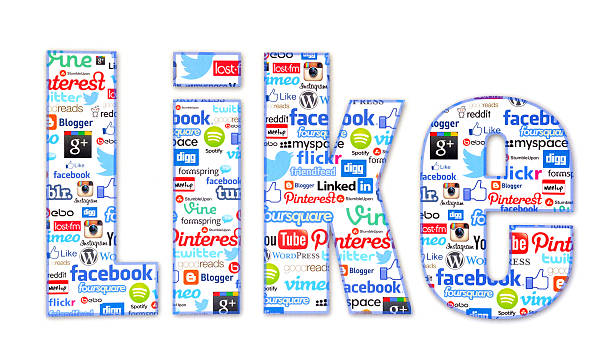In the expansive realm of digital music, SoundCloud stands as a beacon of creativity and diversity. It has nurtured a community where emerging artists can share their work with the world, fostering a space where musical experimentation knows no bounds. However, with the rise of SoundCloud downloaders, a contentious debate has emerged regarding their ethicality, legality, and safety. In this article, we delve into the intricacies of SoundCloud downloaders to understand their impact on the music industry and their implications for users.
What is a SoundCloud Downloader?
A SoundCloud downloader is a tool or software that allows users to download audio tracks directly from the SoundCloud platform onto their devices. These downloaders bypass SoundCloud’s restrictions, enabling users to obtain music for offline listening without adhering to the platform’s intended streaming model. While SoundCloud offers a paid subscription service for offline listening and additional features, downloaders provide a free alternative, appealing to users who may not want to invest in a subscription.
Ethical Considerations
The ethicality of using SoundCloud downloaders is a subject of debate among music enthusiasts and industry professionals. On one hand, proponents argue that these downloaders empower users to access music conveniently, particularly when internet connectivity is limited or when they prefer not to rely on streaming platforms. They view downloaders as a tool for promoting musical discovery and supporting independent artists whose work may not be readily available on mainstream platforms.
Conversely, opponents assert that using SoundCloud downloaders undermines the principles of fair compensation for artists. By downloading tracks without proper authorization or compensation, users potentially deprive creators of royalties and revenue streams essential for sustaining their artistic endeavors. This practice can disproportionately impact emerging artists and smaller labels who rely on streaming royalties to finance their projects and livelihoods.
Moreover, downloading music without permission may violate the terms of service of both SoundCloud and the artists themselves, raising ethical concerns regarding intellectual property rights and respect for creators’ wishes. While some artists may willingly share their work for free or under Creative Commons licenses, others may prefer to retain control over the distribution and usage of their music.
Legal Implications
From a legal standpoint, the use of SoundCloud downloaders occupies a gray area fraught with ambiguity. While SoundCloud’s terms of service explicitly prohibit the unauthorized downloading of content, the legality of using third-party downloaders remains uncertain and varies depending on jurisdiction.
In many countries, copyright laws protect the rights of creators and prohibit the unauthorized reproduction and distribution of copyrighted material. Downloading music from SoundCloud without proper authorization could potentially constitute copyright infringement, exposing users to legal risks such as civil lawsuits or criminal charges.
However, the enforcement of copyright laws in the digital realm can be challenging, particularly when it comes to individual users downloading music for personal use. Legal action is more commonly directed towards platforms or services that facilitate widespread copyright infringement rather than individual users.
Nonetheless, it is essential for users to be aware of the legal implications of using SoundCloud downloaders and to consider the potential consequences before engaging in such practices.
Safety Concerns
In addition to ethical and legal considerations, safety concerns also surround the use of SoundCloud downloaders. Third-party downloader websites and software may pose risks to users’ privacy and security, as they often require access to personal information or install additional software components on users’ devices.
Downloading files from unverified sources can expose users to malware, viruses, and other cybersecurity threats, compromising the integrity of their devices and jeopardizing sensitive information. Moreover, some downloader websites may engage in deceptive practices, such as displaying intrusive advertisements or offering counterfeit software, further exacerbating the risks for unsuspecting users.
To mitigate these safety concerns, users should exercise caution when using SoundCloud to mp3 and prioritize reputable sources that prioritize user security and privacy. Additionally, implementing robust cybersecurity measures, such as using antivirus software and avoiding suspicious websites, can help safeguard against potential threats.
Conclusion
The proliferation of SoundCloud downloaders reflects the evolving dynamics of digital music consumption and the complex interplay between technological innovation, ethical considerations, legal frameworks, and user behavior. While downloaders offer users a convenient means of accessing music from SoundCloud, their usage raises profound questions regarding fairness, legality, and safety.
As users navigate the digital landscape, it is essential to strike a balance between convenience and responsibility, respecting the rights of creators while embracing the transformative potential of technology. Ultimately, the ethicality, legality, and safety of using SoundCloud downloaders hinge on individual choices and collective actions, shaping the future of music consumption in the digital age.
